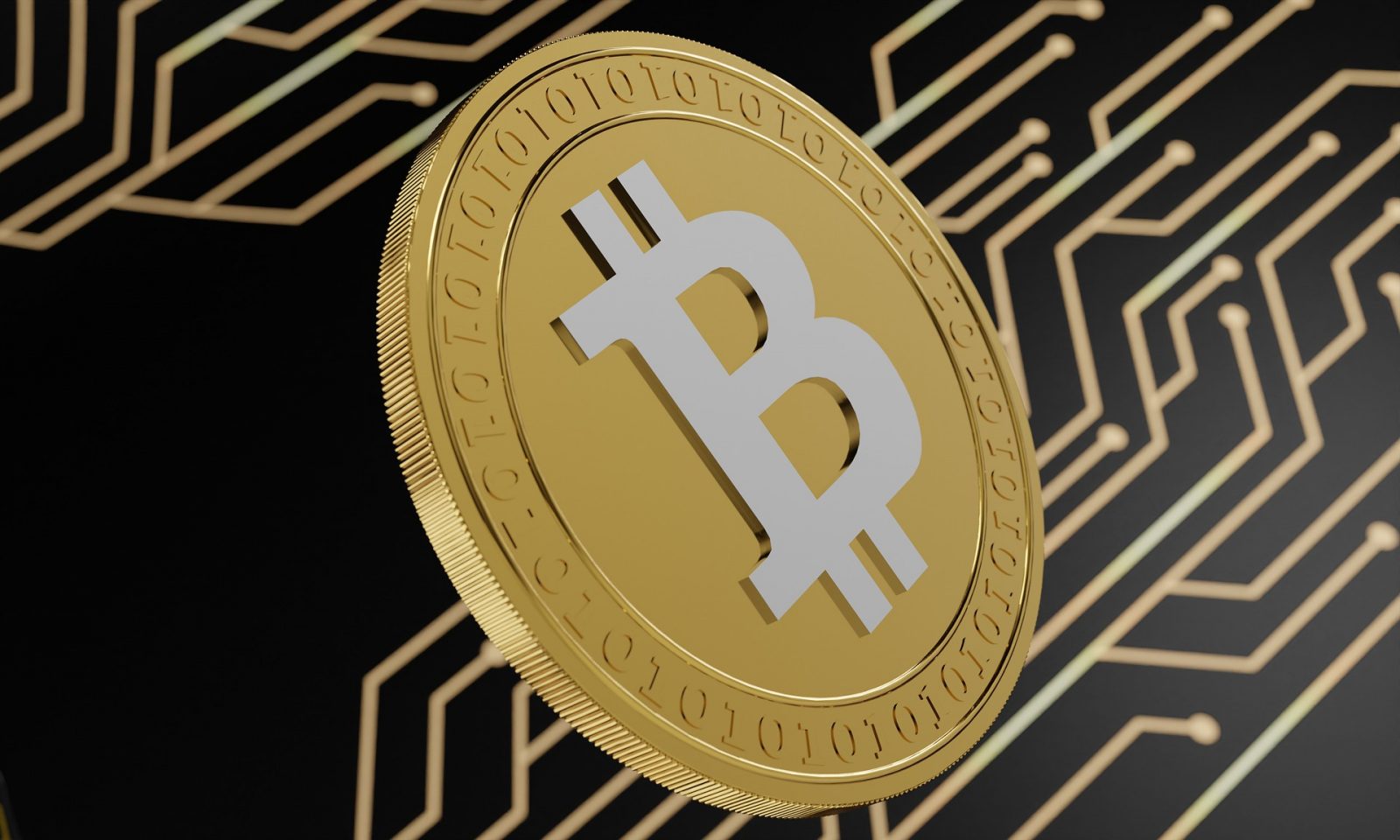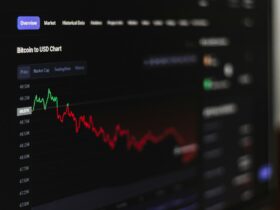Cryptocurrency has been on the rise since the invention of Bitcoin in 2009. In the early days, it was considered a tool for the tech-savvy and early adopters. However, the growth and evolution of the crypto industry have led to its mainstream adoption. Today, cryptocurrencies have become an integral part of our financial system, and their usage continues to grow.
In the early days of cryptocurrencies, Japan was one of the countries that embraced the technology. In fact, it was the birthplace of the first-ever cryptocurrency exchange, Mt. Gox. Unfortunately, this exchange suffered a major hack in 2014, which led to its downfall. Since then, Japan has been at the forefront of cryptocurrency exchange regulations. In this article, we’ll take a look at where Japan is now and how it has evolved in terms of cryptocurrency exchange regulations.
The Birth of Mt. Gox
In July 2010, a French software developer named Mark Karpeles purchased Mt. Gox, which was originally created to trade Magic: The Gathering cards. Karpeles transformed it into a cryptocurrency exchange and by early 2013, it was handling over 70% of Bitcoin transactions worldwide. However, in February 2014, Mt. Gox suffered a hack that led to the loss of 850,000 bitcoins, worth over $450 million at the time. The incident led to the eventual bankruptcy of Mt. Gox and highlighted the need for regulation of cryptocurrency exchanges.
The Rise of Japan’s FSA
Following the Mt. Gox incident, Japan’s Financial Services Agency (FSA) began working on a regulatory framework for cryptocurrency exchanges. In March 2014, the FSA issued a warning about the risks of cryptocurrencies and announced that they would be regulating virtual currencies under the Payment Services Act. In April 2017, the act was amended to include cryptocurrency exchanges, which required them to register with the FSA.
The FSA began accepting applications for registration in September 2017, and by March 2018, 16 exchanges had been registered. These regulations aimed to protect investors from fraud and money laundering, as well as to ensure that cryptocurrency exchanges were operating with sufficient cybersecurity measures.
In April 2018, the FSA conducted on-site inspections of all registered exchanges to assess their cybersecurity measures and assess their ability to protect customer funds. The inspections led to the suspension of two exchanges and a business improvement order for several others.
The Current State of Cryptocurrency Exchange Regulations in Japan
Today, Japan is home to over 20 registered cryptocurrency exchanges. The FSA has continued to refine its regulatory framework, with the latest changes coming into effect in May 2020. The changes included stricter rules on customer verification, more stringent cybersecurity measures, and a ban on privacy coins such as Monero and Zcash. In addition, the FSA now requires exchanges to separate customer assets from their own assets, ensuring that customer funds are protected even in the event of a hack.
The FSA also introduced a self-regulatory body for cryptocurrency exchanges, known as the Japan Virtual Currency Exchange Association (JVCEA). The JVCEA is responsible for setting industry standards and conducting audits of registered exchanges. It has also been granted the power to issue business improvement orders and to suspend exchanges that do not comply with its rules.
Conclusion
Japan has come a long way in terms of cryptocurrency exchange regulations since the Mt. Gox incident in 2014. Today, it is a leader in the space, with a robust regulatory framework and a strong commitment to protecting investors. The FSA has been proactive in refining its regulations, and the JVCEA has been effective in setting industry standards and ensuring compliance.












Leave a Reply